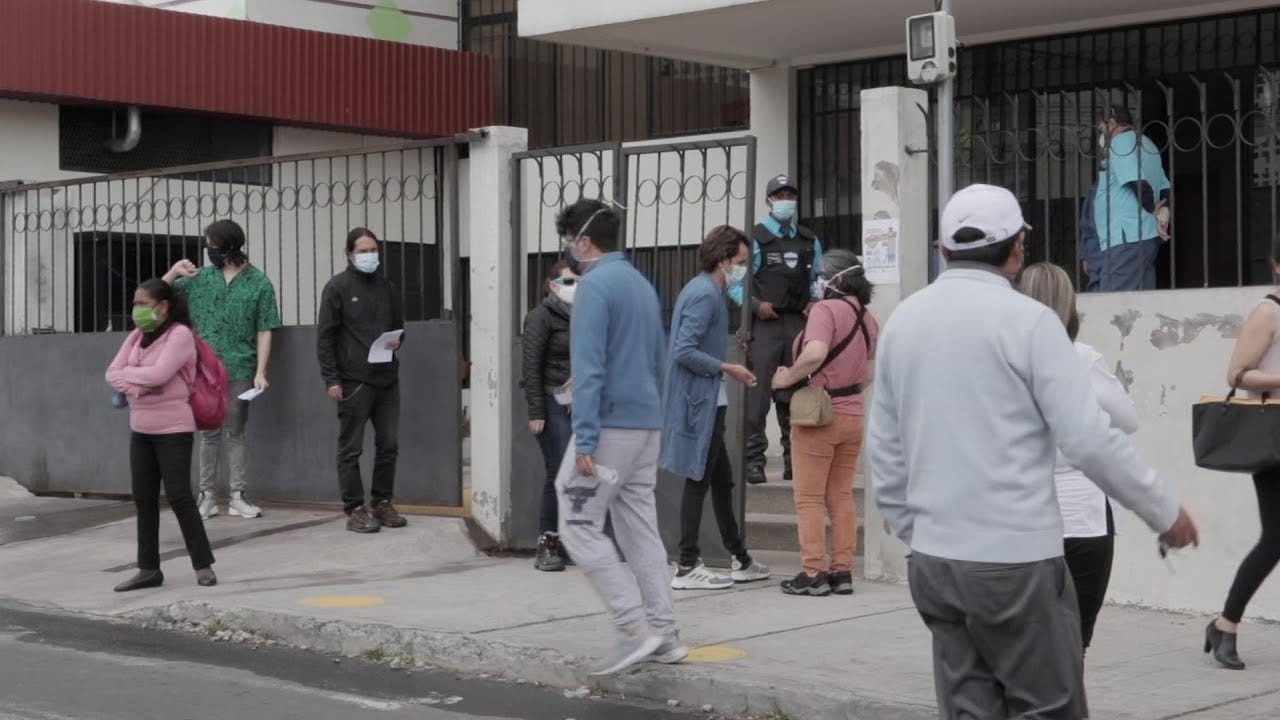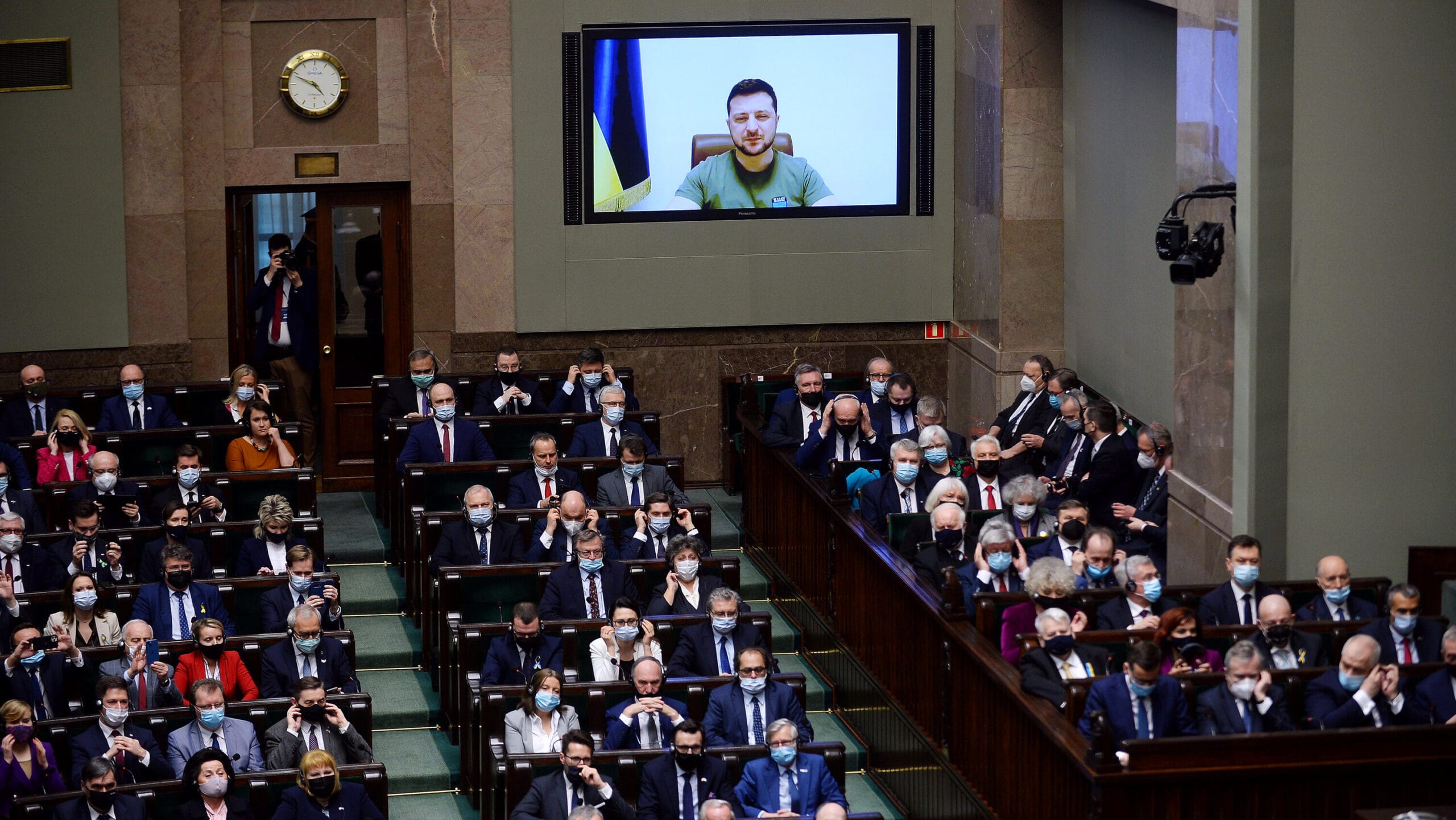Ecuador, a nation currently grappling with economic instability and a rising tide of violent crime, has whittled down its list of presidential candidates from sixteen to two. Conservative incumbent Daniel Noboa and his opponent, leftist lawyer Luisa González, are now set to face off in a runoff election scheduled for April 13, 2025. This contest represents a pivotal decision for the Ecuadorian electorate: two dramatically different ideologies and policy prescriptions stand in stark contrast to one another.
The latest developments come following the results of an election held on February 10, during which Noboa and González rose to the top, beating out 14 other candidates amid an atmosphere of widespread voter uncertainty. Daniel Noboa, Ecuador’s incumbent President, entered the political limelight by securing a 16-month presidency through a snap election in October 2023. Under his short tenure, Noboa has emphasized pro-business economic reforms and measures aimed at fiscal consolidation. His platform appeals to Ecuadorians looking for pragmatic leadership amid economic hardships worsened by the global economic slowdown and dwindling oil revenues, a key pillar of Ecuador’s economy.
On the opposing side stands Luisa González, an accomplished attorney who is closely affiliated with the political sphere of former President Rafael Correa, known for his leftist policies and expansive public spending programs. González has promised to prioritize social equity, proposing redistributive reforms, and aims to address the wealth disparity in a country where economic inequality remains a pressing issue. Her campaign heavily resonates with lower-income Ecuadorians who often feel sidelined in broader national policy narratives.
The competition now provides Ecuador’s 13 million eligible voters a stark choice between Noboa’s vision of centrist pro-business policies and González’s transformative proposals rooted in a left-leaning agenda—a reflection of the broader ideological divides straining Latin American politics. With the runoff looming, every vote will count in a nation where presidential elections have historically seen tight margins.
Ecuador’s social and economic challenges form the backdrop against which this election unfolds. Rising crime rates and the proliferation of gang violence have cast a shadow over the political landscape. In key cities like Guayaquil, once considered the country’s commercial hub, crime has escalated to an all-time high. Both candidates have outlined approaches targeting crime reduction, but their methods diverge. Noboa seeks to expand resources to law enforcement and push for targeted reforms in judicial efficiency, emphasizing tougher stances on organized crime. González, conversely, emphasizes community-based interventions, tackling root causes like poverty as a long-term solution to systemic violence.
The approaching runoff has also seen increased focus on international relations and foreign policy agendas. Noboa has touted the need for open markets and wants closer alignment with major trade partners like the United States, advocating for Ecuador to solidify its economic position in global commerce. Meanwhile, González takes a nuanced approach, proposing a balanced foreign policy stance that underlines sovereignty and reduced dependency on external powers while maintaining necessary trade alliances.
Observers expect the upcoming runoff to attract significant voter turnout. According to recent polls, voter sentiment is heavily influenced by concerns over employment and security, issues that continue to dominate debates. Noboa and González now have a crucial window to consolidate support from the many candidates who were eliminated in the first round, including political figures commanding niche but loyal followings.
As April 13 approaches, the candidates are expected to escalate campaign efforts across rural and urban regions. Both will need to navigate Ecuador’s regional disparities in voter expectations. For instance, while urban centers prioritize responses to crime, rural voters often express concerns about agricultural reforms, employment, and infrastructural investment.
Political analysts argue that the stakes for this election couldn’t be higher. Beyond choosing a President, Ecuador’s citizens will weigh in on the direction the nation takes economically, socially, and politically. An already polarized ideological atmosphere makes this election a bellwether for the broader political climate in the region, solidifying Ecuador’s long-standing struggle between leftism and conservatism.
In the coming weeks, the campaigns are likely to intensify, with televised debates and town hall discussions expected to dominate the public’s attention. The outcomes of these events may not only sway undecided voters but also shape the broader dialogue about civic accountability and democracy in Ecuador. Both Daniel Noboa and Luisa González have demonstrated resilience, focus, and a steadfast commitment to their political visions—qualities that will be put to the test as they vie to govern a nation at a crossroads.
The results of the April runoff will not only determine the presidency but will likely set a tone for how Ecuador tackles its pressing challenges in the years ahead, making it a decision of significant importance for its citizens and neighboring countries.

